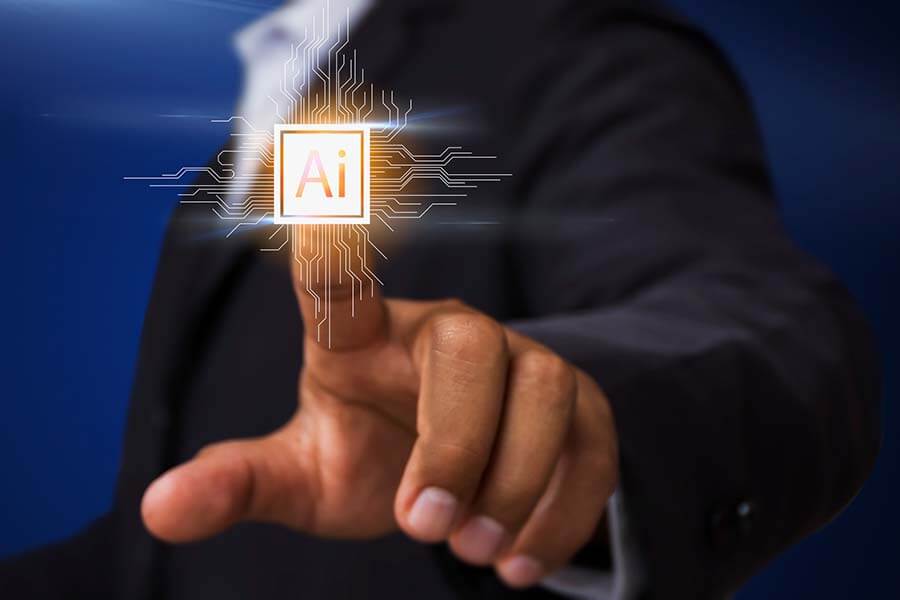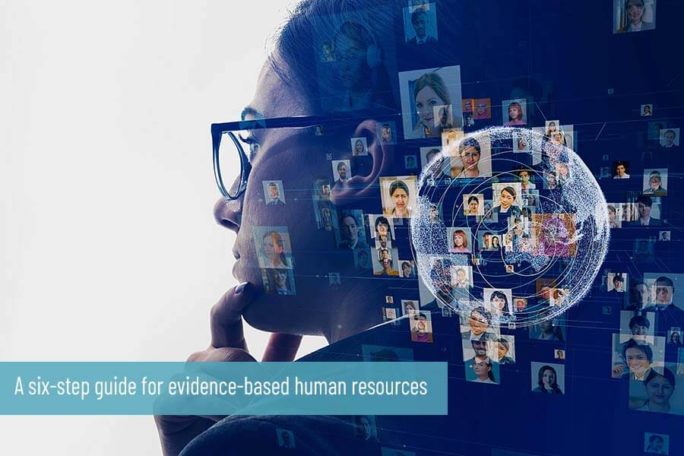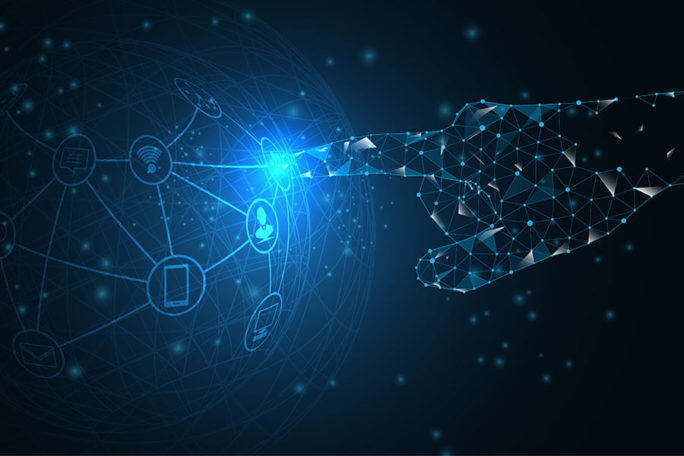In addition to locating and identifying potential talent, AI technology is increasingly being used to enhance the talent management process. In fact, many aspects of employee life can be improved with the emerging AI solutions, including employee engagement, employee culture and behavior, and employee skillset analysis and improvement.
Because the technology can give employees more time than an in-person management is often able to spare, it can offer a type of insight into an employee’s habits, strengths, and weaknesses that would otherwise likely go untapped. This data, in turn, can be used to gently shape corporate culture, employee behavior, and even teamwork and level of workforce engagement.
First, AI can be used to determine how best to train a particular employee by analyzing their habits as well as the manner in which they accomplish tasks. It can also administer the necessary training, although the accuracy should be monitored by a supervisor. AI can also help keep employees engaged with projects and coworkers, encouraging job satisfaction and levels of employee engagement across the general workforce. It should be noted, however, that this information and action must be overseen by an in-person manager.
As AI becomes increasingly common in the workforce, it is important to understand the impact its use can have upon employees and how risks can be mitigated and benefits amplified. The technology is poised to deliver an unprecedented kind of personalized employee experience that could change the face of human resources functions forever.


